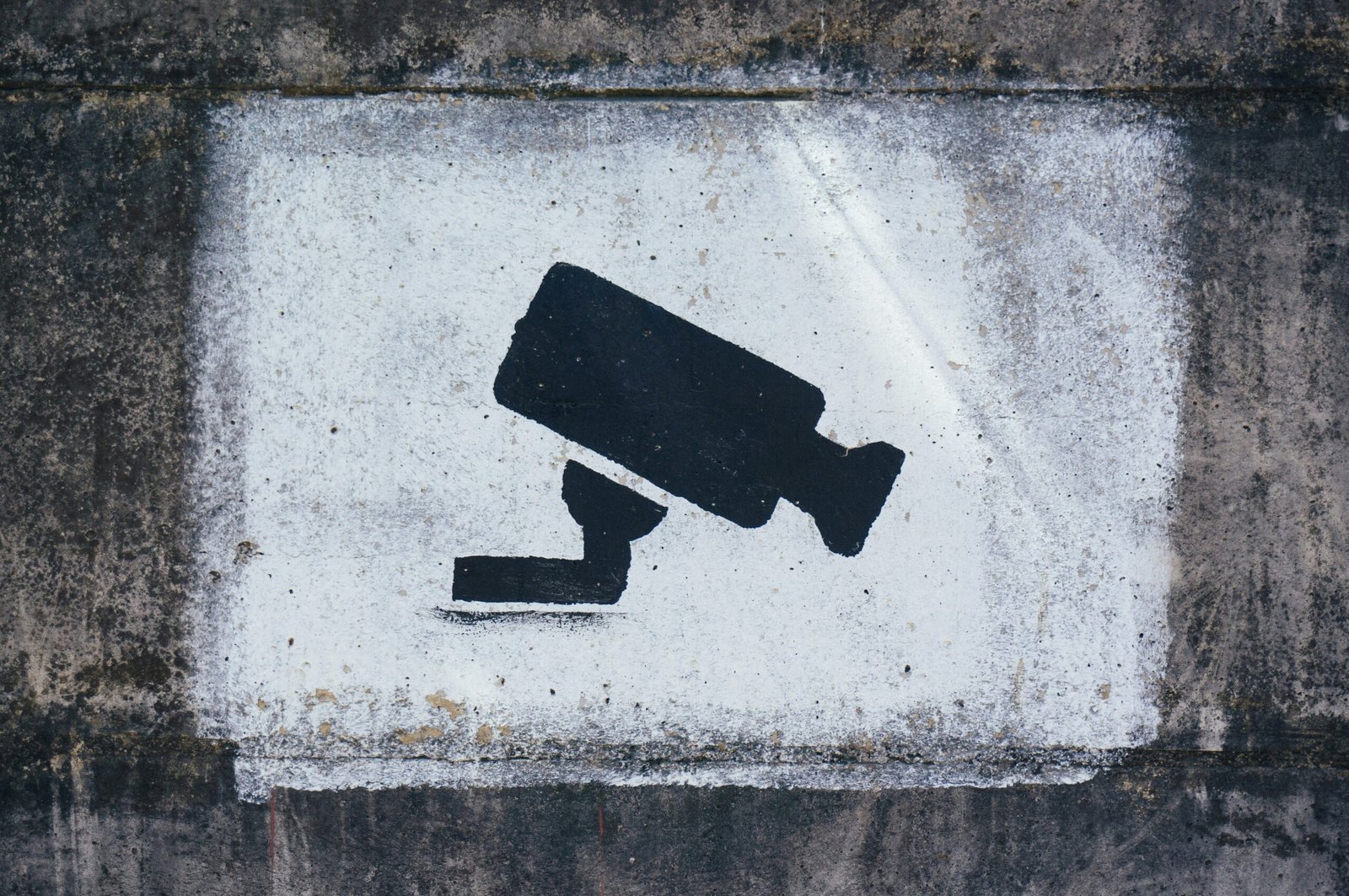Have you ever found yourself in a situation where you needed to stop sharing your location with someone but didn’t want to hurt their feelings or cause awkwardness? It can be a tricky situation to navigate, but you’re not alone, and there are solutions that maintain your privacy without raising alarms. Let’s explore how you can do this with ease and tact.
Understanding Location Sharing
Location sharing can be a fantastic tool for keeping in touch with family and friends or even ensuring safety during travels. However, situations change, and what once felt convenient might now seem intrusive. Before you stop sharing your location, it’s essential to understand the platforms and tools used most frequently for this purpose, and whether you want to continue sharing your whereabouts with others.
Common Platforms for Location Sharing
There are several widely-used platforms and applications that allow you to share your location. Each has its own method for managing these settings, and knowing them can help you make informed choices about your privacy.
- Google Maps: A popular tool where users can share real-time location with friends or family.
- Apple’s Find My Friends/Find My: Allows iOS users to share their location with other Apple device users.
- WhatsApp: Offers temporary or real-time location sharing with individual chats or groups.
- Facebook Messenger: Has a similar feature for sharing location with chat contacts.
Why You Might Want to Stop Sharing
Maybe your relationship with a person has changed. Perhaps you feel they no longer need to know your every move. Whatever the reason, the need to adjust location sharing can arise for a variety of reasons.
- Privacy Concerns: Desire for more privacy or feeling monitored.
- Relationship Changes: Changes in the nature of your relationship, whether it’s a break-up or simply drifting apart.
- Safety Reasons: Feeling unsafe sharing your location with the individual.
How to Stop Location Sharing Without Them Knowing
The goal is to stop sharing your location in a way that feels comfortable for you while not bringing unneeded attention to the change. Here are platform-specific methods for achieving this.
Google Maps
If you’ve been sharing your location via Google Maps and have decided to stop, here’s what you can do:
- Open Google Maps and tap on your profile picture at the top right.
- Select Location Sharing.
- Find the person you no longer wish to share your location with and tap Remove next to their name.
Note: Stopping sharing this way won’t notify the person. They’ll only notice if they try to see your location.
Apple’s Find My Friends/Find My
For Apple device users, managing who sees your location can be done swiftly:
- Open the Find My app.
- Tap on the person’s name under the People tab.
- Choose Stop Sharing My Location.
Tip: Ensure you disable location sharing temporarily if needed, which lets you control who sees you without removing them immediately.
To discreetly stop sharing location on WhatsApp, follow these steps:
- Open the chat with the person or group.
- Tap on the name at the top of the chat screen.
- Go to Live Location and select Stop Sharing.
Remember: For active shares, WhatsApp will notify all contacted individuals when the sharing ends. Hence, timing it right could reduce questions.
Facebook Messenger
On Messenger, the control is straightforward:
- Open the conversation.
- Tap on the four-dot menu icon and select Location.
- Turn off the location-sharing toggle.

This image is property of images.unsplash.com.
Alternatives to Immediate Stopping
If the concern is the abruptness of stopping sharing, consider these alternatives:
Use Airplane Mode
Temporarily turning on Airplane Mode can break location tracking without changing any settings permanently. This could also act as a buffer in case you’re figuring out how to delicately handle the situation.
Location Spoofing
There are tools primarily used for privacy protection or testing purposes that can alter your reported GPS location. However, use these with care to avoid breaching terms of service or legality issues.
Communicating Changes If Necessary
Sometimes, the best path is open communication. Here’s how you might delicately explain your decisions if required:
- Be Honest: Gently but firmly, explain your need for privacy or independence.
- Blame Technology: Mentioning technical difficulties is a neutral way to step back.
- Set Boundaries: Use other methods of keeping in touch, like periodic checking in, to replace constant location sharing.

This image is property of images.unsplash.com.
Understanding the Impact
While you navigate this change, it’s critical to acknowledge the social implications.
Trust Factors
Reassess your trust circles and think about why location sharing mattered in the first place. Then, evaluate if your current dynamics necessitate a different approach.
Relationship Dynamics
Consider how this change may affect relationships long-term and develop strategies in maintaining or adjusting boundaries where necessary.
Re-evaluating Privacy Settings
Once you’ve handled your immediate concern, it might be worthwhile to take a broader look at your privacy settings:
Perform a Privacy Audit
Go through each of your apps to understand your privacy settings and update them as needed for individuals, speed, or changes in contacts.
Regular Updates
Keeping your devices updated helps protect your location information better, as developers routinely patch privacy loopholes.

This image is property of images.unsplash.com.
Conclusion
While the process of stopping location sharing without hurting someone’s feelings can feel challenging, it’s ultimately about balancing your comfort with tactful action. Considering your need for privacy and independence is entirely valid, and technological tools provide you with the necessary flexibility.
By understanding the systems, contemplating alternative options, and engaging in open communication if necessary, you can stop sharing your location successfully and respectfully. This change might foster new, honest boundaries in your relationships, promoting better understanding and mutual respect. Stay mindful and considerate as you adjust your digital footprints, ensuring your safety and peace are priorities.


